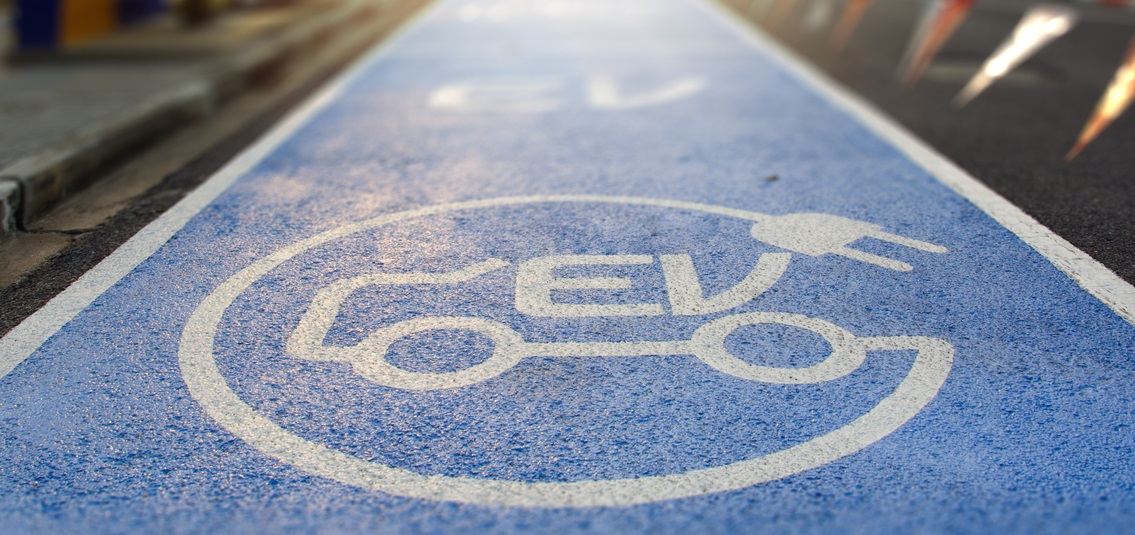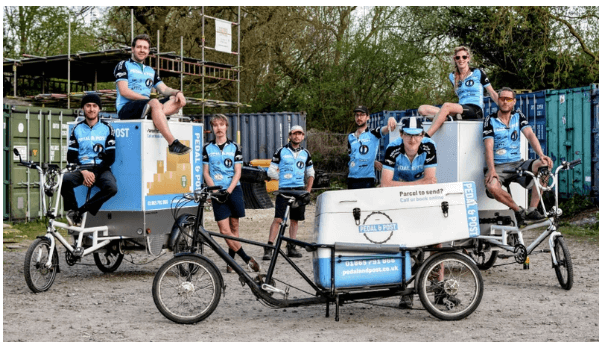Formed just seven years ago, Benton’s Oxford-based sustainable courier and storage firm has become a major player in the city. Pedal & Post uses cargo bikes to deliver medical supplies and samples, e-commerce parcels and other items and employs 15 people. So how has his firm managed to survive and even thrive during the pandemic? What lessons can other SME leaders learn from his experiences, and why should they embrace eco-friendly transport in a post-coronavirus world?
“Many of our larger clients, such as the books retailer Blackwell’s and several printing companies, had to close or reduce their output. Suddenly, tens of thousands of students, lots of whom we deliver parcels to, weren’t in the city anymore, either. So our income took a hit of around 30%.
“We also had a major new NHS contract, delivering chemotherapy medicine to hospital patients, in the pipeline. We’d been working on it for about a year and it was supposed to go live around March, but had to be put on hold. Things were tough.”
How did you respond?
“I wanted the firm to run as normally as possible and maintain staff hours. I didn’t want to lose any of them or their skills and abilities. We had to think of an alternative income stream quickly.
“We realised that grocery-delivery firms were overwhelmed by the amount of orders coming from people stuck at home. So we decided to launch LocalOxford, a service delivering everything from vegetables to coffee to people’s homes, all in one order, from around 20 local businesses. We were able to create a website in about five days and publicise it via local papers, social media and word of mouth.
“The project went really, really well, boosting our lockdown income by about 25% and pretty much filling the gap left by other work.”
What else did you do?
“We already delivered IVF and cancer-patient samples between hospitals and research laboratories. We were able to expand into Covid-19 samples, supporting the Oxford-based Coverscan project, which is looking into the effects of the virus on multiple organs.
“That hasn’t provided a huge amount of extra income, but it’s been fantastic to know that we’re making a difference in the fight against the pandemic.
“We also secured a NatWest Bounce Back Loan to allow us to restart the chemotherapy-delivery project and follow through on our contract promises. We’ve used the £50,000 injection to hire five new team members, buy equipment and more.
“We don’t have to make any repayments for a year and that’s extremely helpful, allowing us to get everything off the ground first.”
What lessons has the crisis taught you as a small business leader?
“The importance of diversifying. Never let more than around 30% of your business focus on one project. If you do and you’re confronted by a pandemic or some other crisis in your business, you could be in trouble. Being able to move into the LocalOxford service and have a range of other projects, including self-storage, was our company’s saving grace.
“Covid-19 has also shown that it’s vital to be able to make quick decisions and act on them, pivoting into new ventures when you need to. Listen to your staff and involve them in decision making during a company crisis, too. One of my team came up with the idea of delivering groceries, for instance. When there’s a lot of contrasting, changing information out there, being able to pool knowledge is really valuable.”
What do you think the future looks like for green transport?
“A lot more people tried cycling during lockdown. Car traffic is returning now, but hopefully things like the government’s new funding for cycle lanes and bus routes can keep levels of eco-friendly transport use up. The fact that the health effects of air pollution can make the impact of Covid-19 worse could be influential, too.


